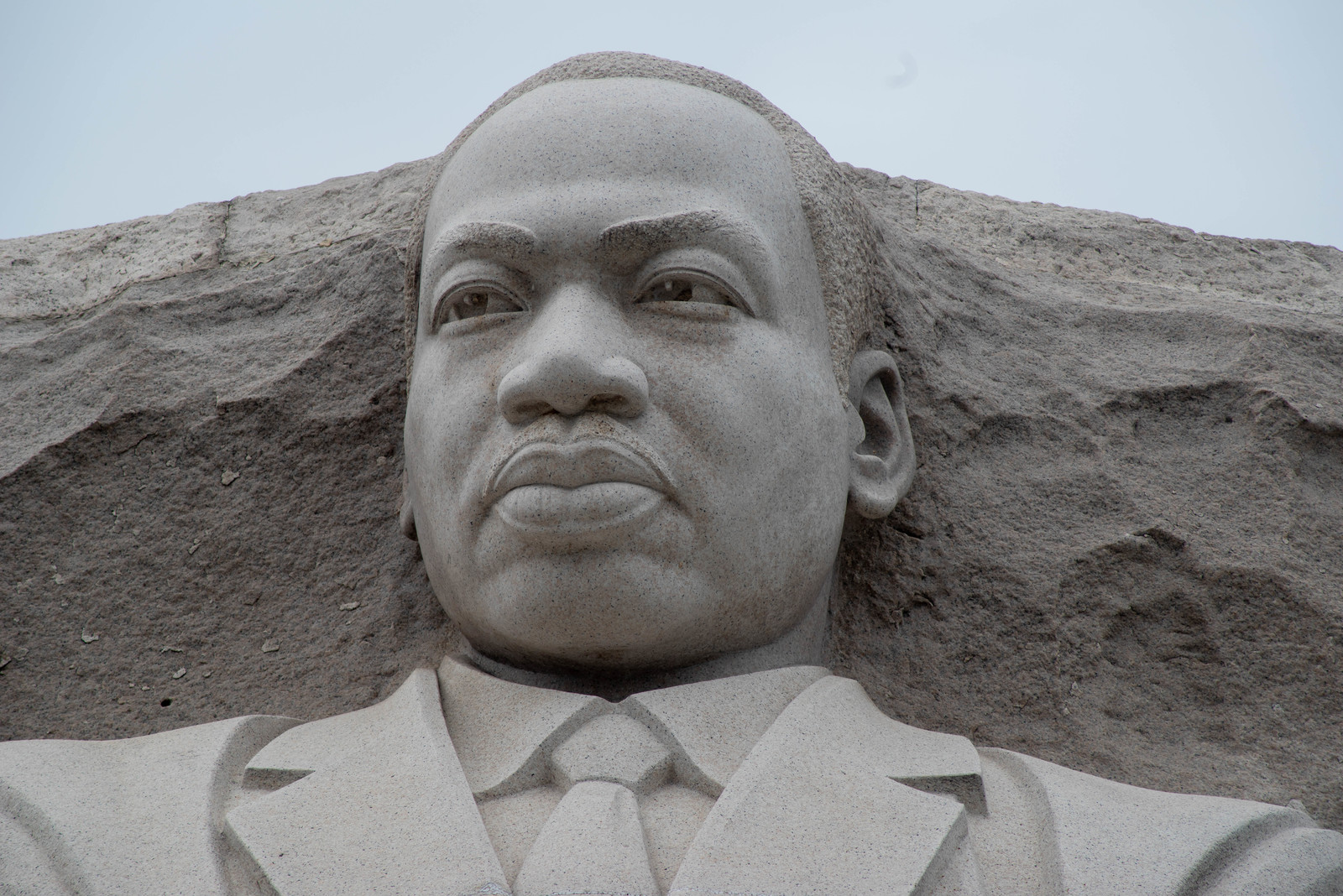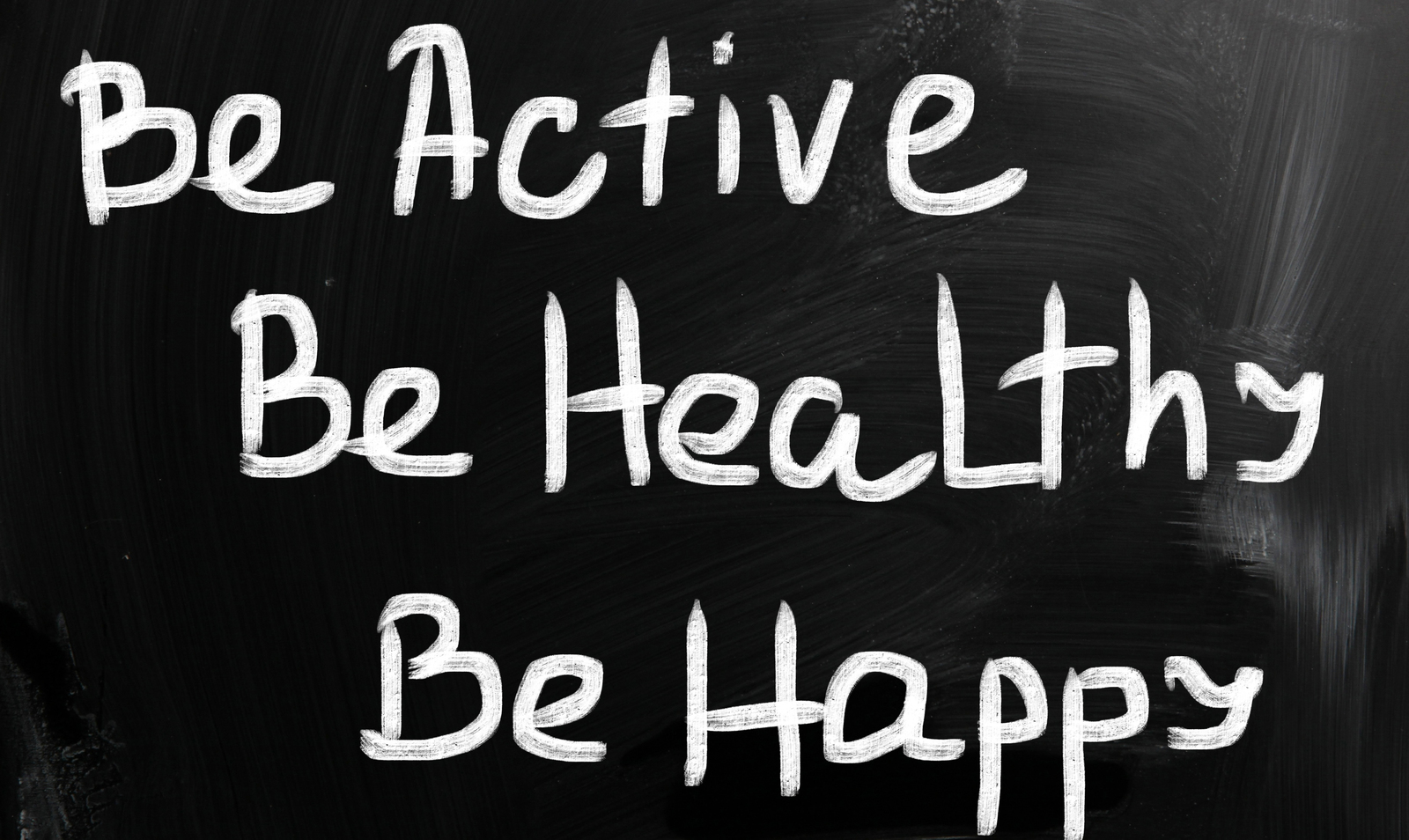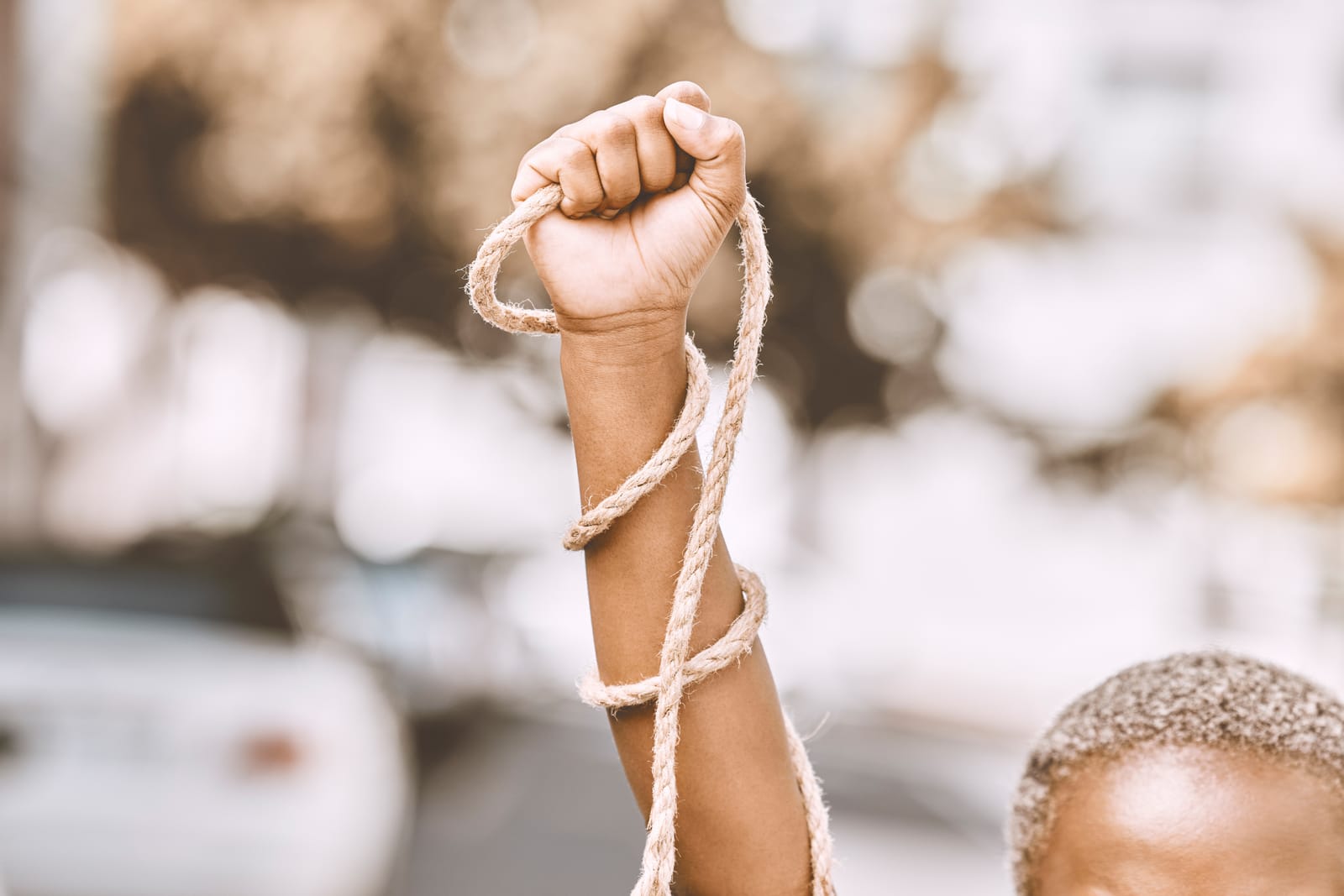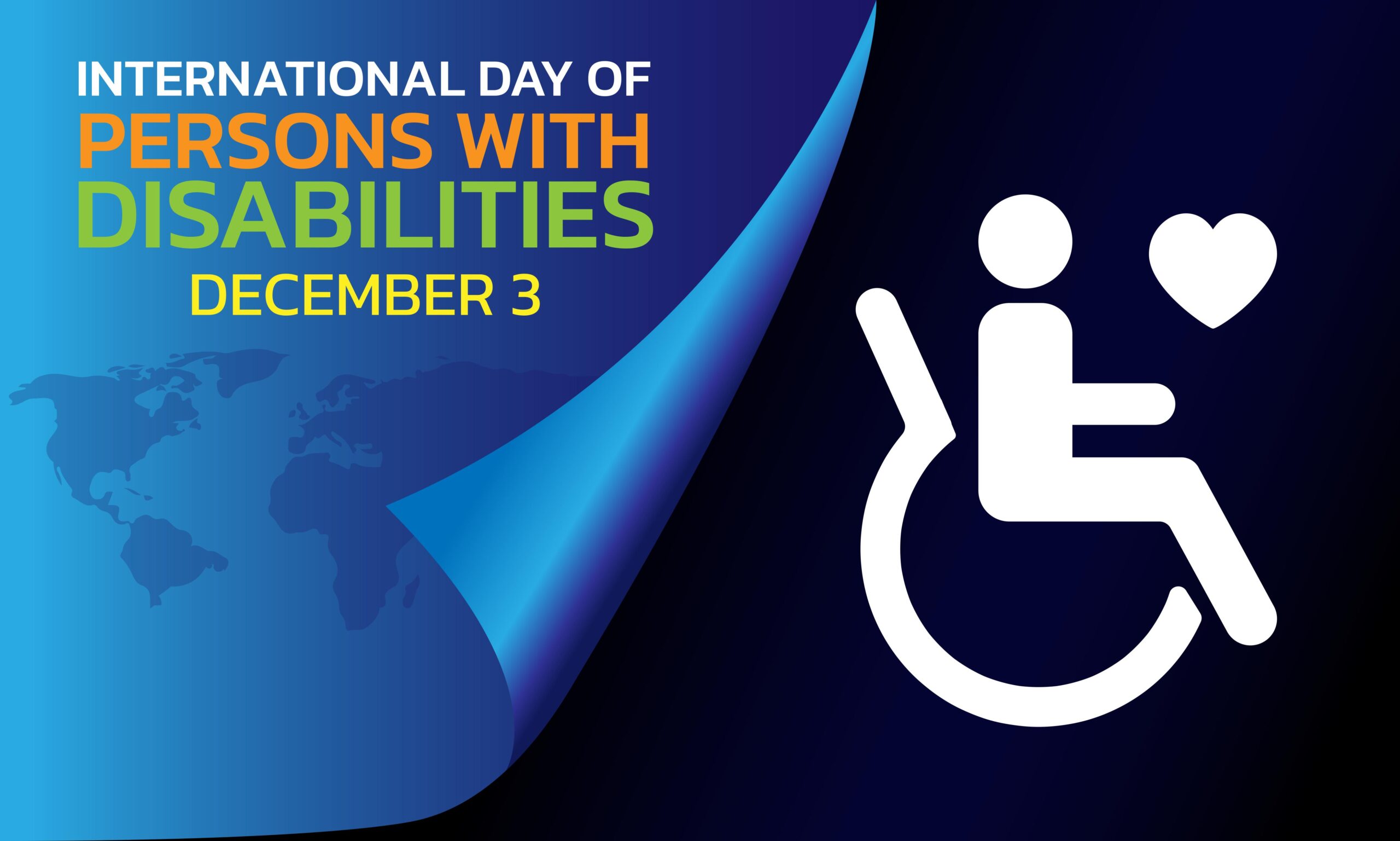Superfoods That’ll Supercharge Your Immunity!
Winter is here, and so is the season of sniffles, but fear not – we’ve got the secret weapon to keep you in top-notch shape. Let’s dive into the world of winter nutrition and uncover the superheroes of the superfood realm. Brace yourself for a journey that’ll leave your immune system thanking you!
1. Berry Bonanza: Bursting with Antioxidant Power
First up on our winter wonderland tour – berries! These little gems are not just a treat for your taste buds; they’re a powerhouse of antioxidants. Blueberries, strawberries, and raspberries are like the superheroes of the fruit kingdom, ready to combat those pesky free radicals trying to mess with your immune system. Toss them in your morning yogurt or blend them into a smoothie for an antioxidant-packed kickstart!
2. Kale Crusaders: Green Goodness for Immunity Boost
Move over, bland salads – kale is here to save the day! Packed with vitamins, minerals, and fiber, kale is the green guardian your immune system craves. Whether sautéed, blended into a hearty soup, or even baked into crispy kale chips, this leafy powerhouse will keep your immune system flexing its muscles all winter long.
3. Citrus Sensation: Vitamin C Galore for Cold-Fighting Glory
When it comes to winter, think citrus! Oranges, grapefruits, lemons – they’re not just juicy delights; they’re packed with vitamin C, the superhero of immune support. Vitamin C is like a shield, ready to defend your body against those winter bugs. Slice them up, make a refreshing citrus salad, or simply savor the goodness of an orange. Your immune system will thank you with a high-five!
4. Ginger Glory: Spice Up Your Immune Defense
Meet the winter warrior in the spice cabinet – ginger! This aromatic root is not just for gingerbread cookies; it’s a powerhouse of anti-inflammatory and antioxidant properties. Brew a cozy cup of ginger tea, add it to your stir-fries, or even incorporate it into your morning smoothie. Ginger is your secret weapon against winter woes.
5. Almond Avengers: Nutrient-Packed Energy Boost
Last but not least, let’s talk nuts – specifically, almonds! These crunchy delights are rich in vitamin E, a key player in supporting a healthy immune system. Grab a handful for a satisfying snack or sprinkle them over your morning oatmeal. Almonds are not just a treat for your taste buds; they’re your allies in the fight against winter blues.
So, there you have it – a lineup of winter warriors that’ll fortify your immunity and have you feeling invincible. Embrace the vibrant colors, flavors, and nutrients that nature provides, and let this winter be the season your immune system shines!
Fuel your body with these superfoods, and let the winter adventures begin. Your path to wellness starts with the right ingredients. Cheers to a season of good health and immune system triumphs!










